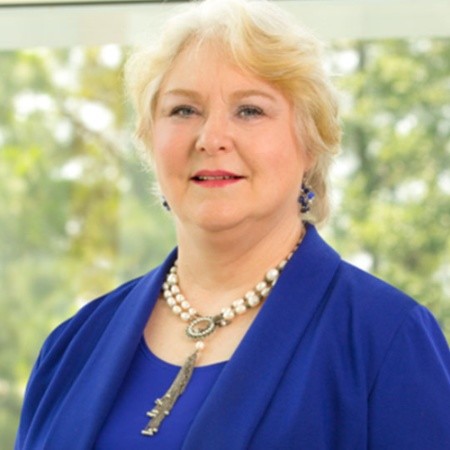
Dr. Welyne Thomas is an educator & executive coach.
1. Why are you an educator?
I felt that it was a “fail safe” profession and saw it as a backup. I began my education career as a third-grade math teacher. I found that kids dislike math because they do not have a good underpinning and understanding. So, I took a class to learn how to get kids more fired up to be successful. I wanted the children to become more successful with accessibility of my knowledge, and for them to learn for themselves, develop their potential.
2. What were your favorite children’s books to read when you were a child?
Anne of Green Gables written by Lucy Maud Montgomery, a Canadian author.
It’s a story of how a spirited, orphan girl finds a home with an elderly couple who were rather crusty externally, but she was able to break through to their love inside. She became a teacher and found a way to connect with children.
3. What contemporary children’s books do you recommend?
[We asked her to choose a different book but she insisted.]
The Wheels on the Tuk Tuk by Kabir and Surishtha Sehgal It exposes children to the richness and diversity in India. It’s a different geographical and cultural environment and fosters cultural awareness and empathy in an engaging and enjoyable manner. It exposes them to characters, attire, language, rhymes, daily activities, customs and diverse interactions.
4. Why is diverse representation in children’s literature important?
Children are like sponges they accept what is told to them. When their caregivers have a narrow view, a kid grows up with limited knowledge. Diverse representation in books exposes children to a broader view of the world. They get a wider lens.
5. How would you apply something from your work experience to children‘s education?
Executive Coaching, one of the modules used is feedback and negotiation. You need to begin with constructive feedback which is beneficial to the other person. Teachers need to “model” interactive skills with children based on making them feel safe. Following steps such as being positive, easy description of what they can understand on how they can proceed, positive affirmations and being specific in their feedback.
6. What specific recommendation would you offer to an educationist for offering empathy, kindness, and tolerance in children?
Place yourself in the other person’s shoes and imagine what it would be like to receive empathy, kindness, and tolerance. Think long term instead of an immediate reaction. Humility comes from first understanding yourself, keeping the door open for others and realizing that you might not be right, and the other person is trying their best. Appreciate the good in the other person and move away from judgement.
I would like to leave a legacy of kindness, positivity, looking at the broader sense and how someone benefited in knowing me.
7. Where may we find you online?
LinkedIn